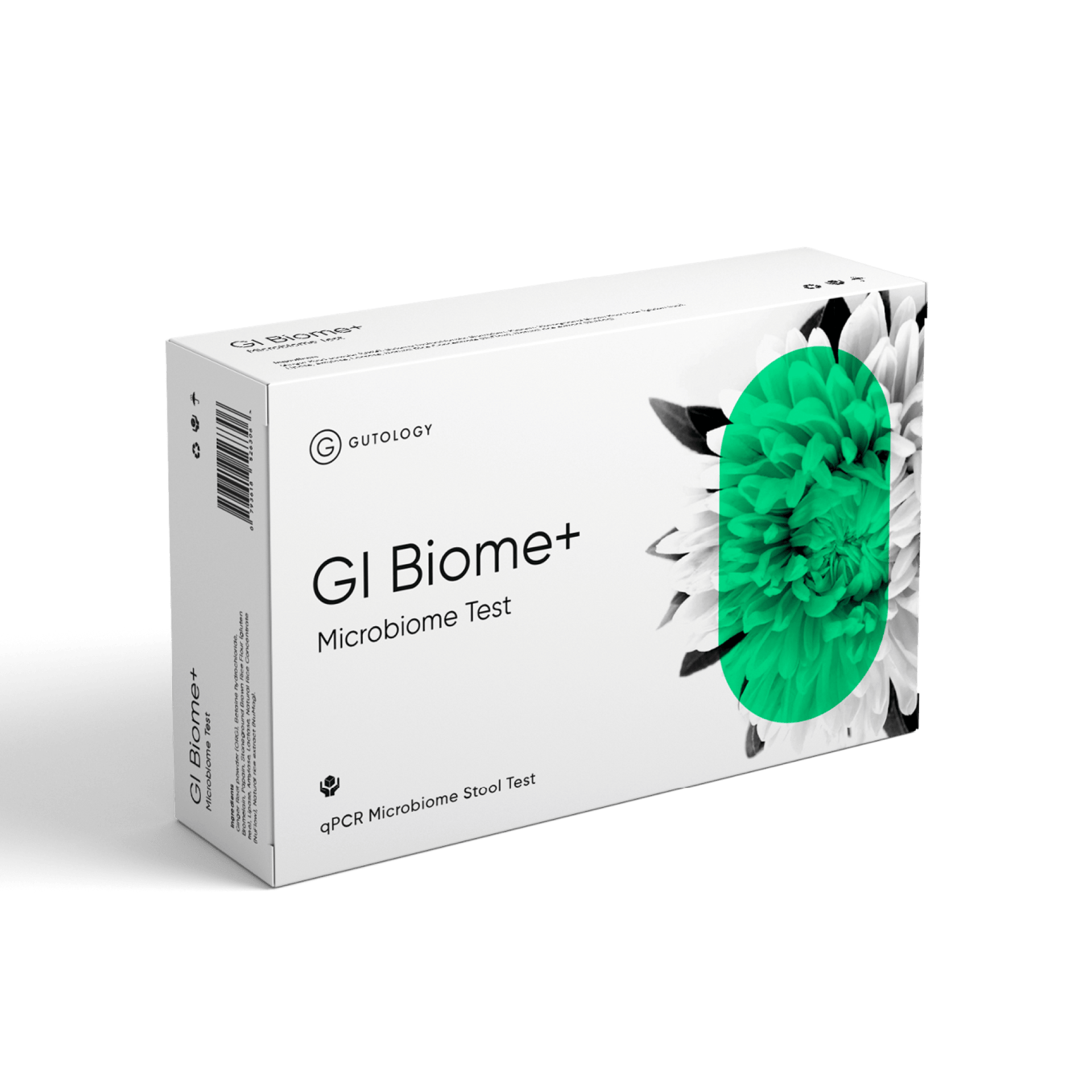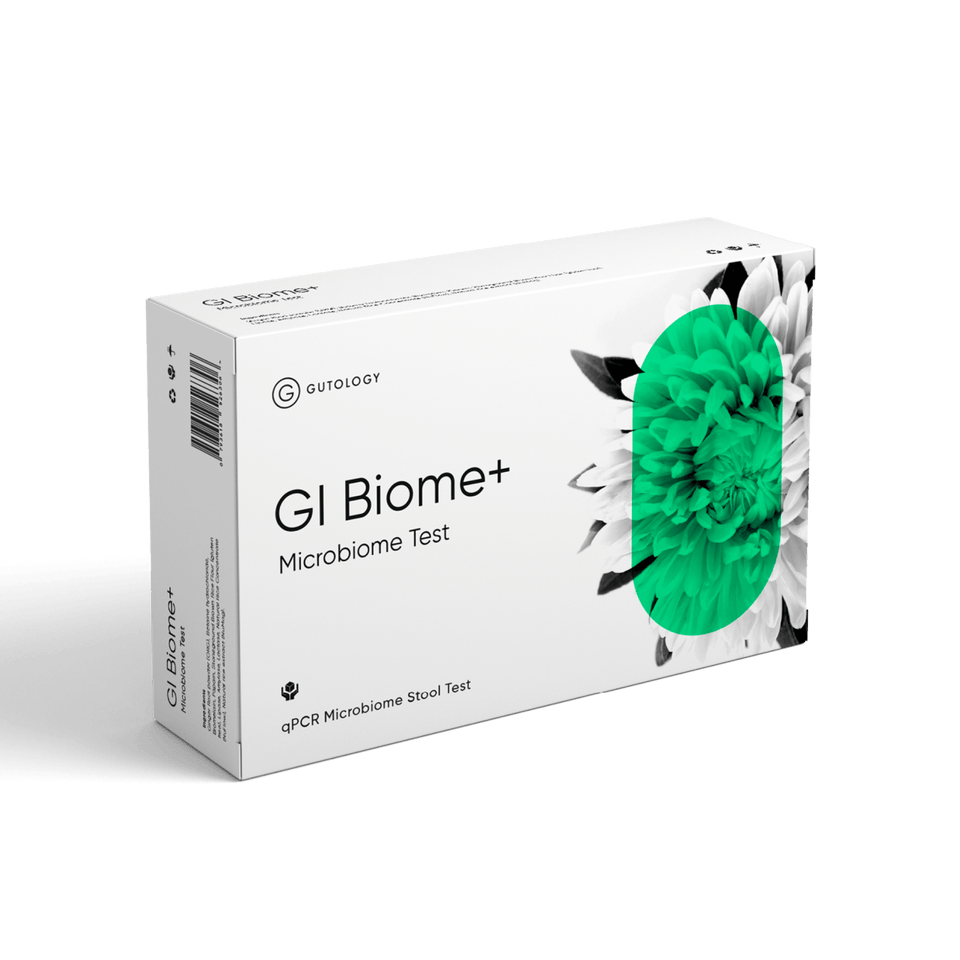Do you move your bowels at least once every day? Are the stools easy to pass? If the answer to either of these is no, you have some work to do. Constipation or slow transit of food through the bowel is a sign of poor gut health but also can have far reaching consequences. Apart from the practical issues of discomfort on the toilet, constipation can lead to wide ranging symptoms including bloating, irritability, lack of appetite and vomiting and has been linked to many health issues, including haemorrhoids (piles),1 heart disease,2and several types of cancer.3,4
Why constipation is bad news
Your poo is the primary exit pathway for waste in your body. A significant part of the waste is toxins, like pesticides, drugs, chemicals, plastics, heavy metals, and excess oestrogen, poo is not just undigested food! The bowels can be thought of as perhaps the most important element of the body’s detoxification process.5 While we tend to think about liver health as being key for detoxification, remember that after the liver processes toxins, it deposits them into your intestines. If your bowel is stagnating, and your stools are spending a long time in the large intestine, the colon can re-absorb some of these toxins and so all the good work of the liver will be undone.6 If you’re not having a daily bowel movement, harmful bacteria can flourish as they over-ferment the food, waste products from these bacteria as well as the toxins from your liver can irritate and inflame the gut lining.
Causes of constipation
There are many factors that can contribute to a sluggish bowel, including:7-11
- Dehydration
- Poor diet that is low in vegetables and high in refined carbohydrates
- Poor stomach acid production
- Gut bacteria imbalance
- Stress
- Sedentary lifestyle
- Poor position on the toilet (high level toilets make it hard to pass stools easily)
- Underlying medical conditions, such as low thyroid function, diabetes, gallbladder problems.
- Medications, especially pain medicines.
Tackling constipation
A diet rich in fresh vegetables and plenty of water should provide ample fibre and fluid for regular bowel movements.11 Are you having at least half of your plate made up of vegetables (at each meal)? Are you drinking plenty of water (or herbal teas)? This is the first thing to do if you are not having daily bowel movements. Avoid fibre from grains, such as wheat bran, as these can actually worsen constipation. Indeed, if you are already having a large amount of fibre in your diet, adding extra fibre can potentially worsen constipation.
If you need a little extra help, here are some practical tips to help things along:
- Improve your gut bacteria, not only by increasing vegetables as already mentioned but by including probiotic foods in your diet.12
- Flaxseeds and prune juice: Flaxseed adds fibre that feeds your gut bacteria and helps with bowel movement while prune juice contains a natural laxative:13
- Put 2 heaped dessertspoons of ground linseeds in a small dish Cover with half a cup of prune juice
- Leave to soak for 12 hours (or overnight) in the fridge
- Eat with a spoon, preferably before bed.
- Exercise regularly. You may have heard of “runner’s trots” referring to diarrhoea as a problem for runners. This is testament to the power of exercise for getting things moving!9
- Get plenty of magnesium. This is really important because magnesium is needed by the body to move food through the gut.14 Foods high in magnesium are halibut, almonds, spinach, cashews, and seaweed. It can be hard to get enough magnesium in food, so taking a magnesium supplement, such as our Sleep Complex before bed can help (and will help you to sleep well too).
- Eat plenty of healthy fats. Despite common myths otherwise, fat is not bad for you. In fact, a diet relatively high in healthy fat has been shown to be cardio-protective and helpful for body fat loss. Enjoy foods such as olive oil, coconut oil, avocados, wild salmon, walnuts, almond, pumpkin seeds, and eggs daily. Fats in the diet encourage bile production (bile is used to break up fats to ease their digestion) and bile can have a laxative effect.15 Fat in the diet can also soften stools making them easier to pass.
- Include foods that can stimulate digestion: bitter foods like radicchio, rocket, endive, artichoke, and acidic foods like lemon juice or apple cider vinegar, some herbs and spices, such as ginger, and fennel, cumin and coriander seeds are all known to help digestion. A green salad with bitter leaves and a dressing of olive oil and lemon juice or apple cider vinegar would make a perfect starter or side dish! Our digestive bitters is a great way of stimulating digestion.
- Abdominal massage: You can do this colon massage lying down, using almond oil as a lubricant, or in the shower using a soap solution to slide your hand over your abdomen.
- Start on the right side of your lower abdomen just above your leg crease. Use small circular movements and progress upward toward your rib cage. Apply gentle pressure at first, although you may want to increase your pressure in subsequent days.
- When you reach your rib cage, massage diagonally down and to the left until you are just below your belly button.
- Now massage diagonally up and to left until you are just below your outer left rib cage.
- Massage straight down your left side toward your groin until you reach your leg crease.
- Take 3-5 minutes to do this massage. As you massage your colon area, notice if you find areas that have a slight pain or tenderness. With areas of slight pain, you can work these areas and probably reduce the pain with daily massages. If you have deep pain, do not continue the massage.
- Proper toilet positioning: The human body is meant to pass stools in a squatting position. Bringing your knees up using a toilet stool puts your body in an optimal squatting pose to encourage healthy efficient bowel movements.16 The best way to adapt your toilet to help you with this is to buy a “Squatty Potty” (or similar) available from Amazon and other online retailers.
Try Digestive Enzymes
Digestive enzymes help you breakdown your food, reduce bloating and extract the key nutrients from your food. Get 10% of Gutology Digest Enzymes & Bitters by using code: BLOG at checkout.
- Fox A, Tietze PH, Ramakrishnan K. Anorectal conditions: hemorrhoids. FP Essent. 2014;419:11-19.
- Sundbøll J, Szépligeti SK, Adelborg K, Szentkúti P, Gregersen H, Sørensen HT. Constipation and risk of cardiovascular diseases: a Danish population-based matched cohort study. BMJ Open. 2020;10(9):e037080. doi:10.1136/bmjopen-2020-037080
- Guérin A, Mody R, Fok B, et al. Risk of developing colorectal cancer and benign colorectal neoplasm in patients with chronic constipation. Aliment Pharmacol Ther. 2014. doi:10.1111/apt.12789
- Tashiro N, Budhathoki S, Ohnaka K, et al. Constipation and Colorectal Cancer Risk: The Fukuoka colorectal cancer study. Asian Pacific J Cancer Prev. 2011.
- Kieffer DA, Martin RJ, Adams SH. Impact of Dietary Fibers on Nutrient Management and Detoxification Organs: Gut, Liver, and Kidneys. Adv Nutr An Int Rev J. 2016;7(6):1111-1121. doi:10.3945/an.116.013219
- Hughes R, Rowland IR. Metabolic activities of the gut microflora in relation to cancer. Microb Ecol Health Dis. 2000. doi:10.1080/089106000750060431
- McRorie JW, McKeown NM. Understanding the Physics of Functional Fibers in the Gastrointestinal Tract: An Evidence-Based Approach to Resolving Enduring Misconceptions about Insoluble and Soluble Fiber. J Acad Nutr Diet. 2017;117(2):251-264. doi:10.1016/j.jand.2016.09.021
- Ishiguro E, Haskey N, Campbell K. Gut Microbiota. Elsevier; 2018. doi:10.1016/C2016-0-00072-4
- Huang R, Ho SY, Lo WS, Lam TH. Physical activity and constipation in Hong Kong adolescents. PLoS One. 2014;9(2):90193. doi:10.1371/journal.pone.0090193
- Andrews CN, Storr M. The pathophysiology of chronic constipation. Can J Gastroenterol. 2011;25(SUPPL.B):16. doi:10.1155/2011/169319
- Forootan M, Bagheri N, Darvishi M. Chronic constipation. Med (United States). 2018;97(20). doi:10.1097/MD.0000000000010631
- Kamiński M, Skonieczna-Żydecka K, Łoniewski I, Koulaouzidis A, Marlicz W. Are probiotics useful in the treatment of chronic idiopathic constipation in adults? A review of existing systematic reviews, meta-analyses, and recommendations. Prz Gastroenterol. 2020;15(2):103-118. doi:10.5114/pg.2019.86747
- Lever E, Cole J, Scott SM, Emery PW, Whelan K. Systematic review: The effect of prunes on gastrointestinal function. Aliment Pharmacol Ther. 2014. doi:10.1111/apt.12913
- Murakami K, Sasaki S, Okubo H, Takahashi Y, Hosoi Y, Itabashi M. Association between dietary fiber, water and magnesium intake and functional constipation among young Japanese women. Eur J Clin Nutr. 2007;61(5):616-622. doi:10.1038/sj.ejcn.1602573
- Palmer RH. Bile Acid Deficiency and Constipation. Clin Gastroenterol Hepatol. 2018;16(8):1363-1364. doi:10.1016/j.cgh.2018.04.018
- Sikirov D. Comparison of straining during defecation in three positions: Results and implications for human health. Dig Dis Sci. 2003;48(7):1201-1205. doi:10.1023/A:1024180319005



